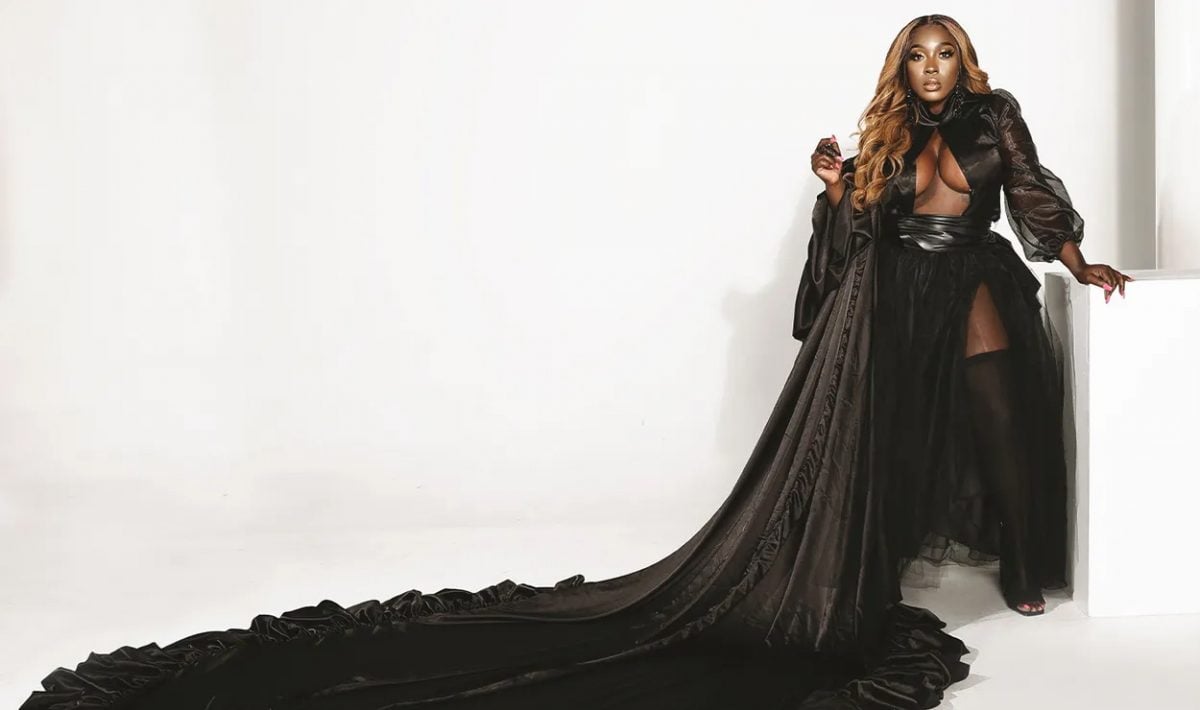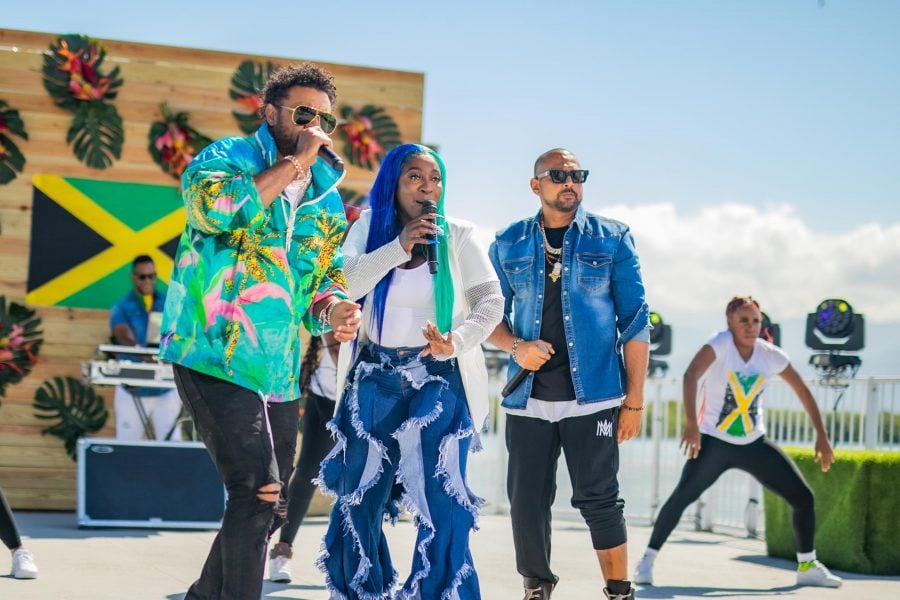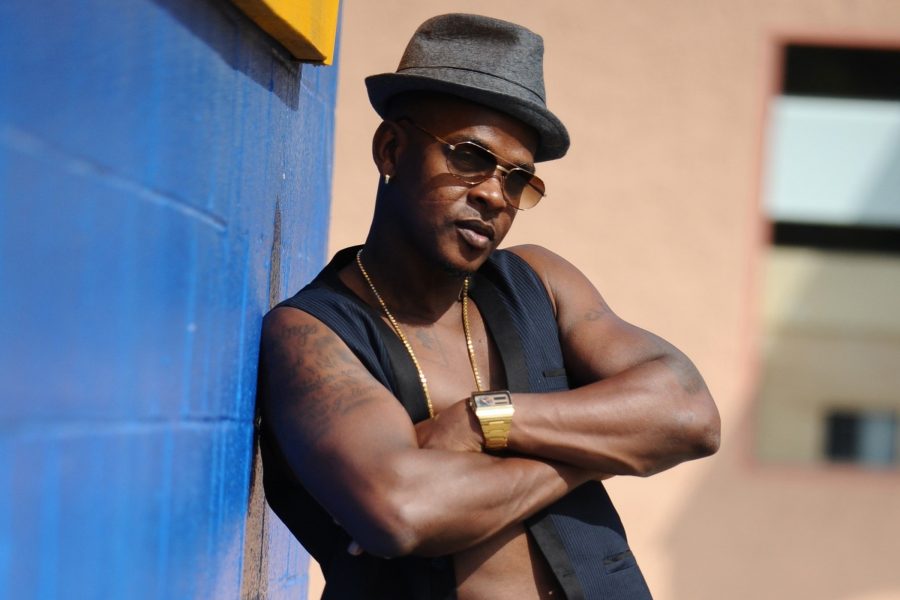Spice Says Unity Is Key To Dancehall Getting Its Accolades

Dancehall diva Spice has lamented the fact that Dancehall music has not been getting the accolades it is owed, despite the fact that numerous other genres of music, including Reggaeton and Hip Hop, were spawned from it.
In a recent Black Music Month interview with Revolt TV, the So Mi Like It artist said while Reggae is revered globally, its offspring Dancehall is oftentimes given the ‘Cinderella treatment’.
“Dancehall has changed the whole aspect of music altogether. I don’t think people realize Dancehall has birthed so many other genres including hip hop. It was a DJ from Jamaica, DJ Kool Herc, who went to New York and that’s how hip hop was born,” Spice told Revolt TV.
“I don’t think Dancehall gets the respect it deserves. I think Reggae music does, and that’s because of Bob Marley and when you say Reggae music, everyone knows him. Dancehall is more like the underdog and it doesn’t get the respect it deserves even though it has influenced so many other genres,” she added.

The Magnum Tonic Wine ambassador also pointed out that Dancehall’s influence transcends music, and has been used by some of the world’s biggest selling artists to further their musical agendas, who in many cases wittingly or unwittingly, fail to give credit to the genre and Jamaica.
“Even if you listen to Drake, you can hear a little bit of Dancehall mixed in. Even in the fashion world, Dancehall has a whole fashion culture that international people use and give credit to other cultures,” she explained.
When asked whether she thought there is a way to demand the respect for Dancehall, the Portmore native said unity between artistes was the most critical criteria, and gave her upcoming TEN album and the lead single Go Down Deh , a collab with Sean Paul and Shaggy, as an example.
“One of the best ways to get the respect we deserve is how I started off my album, which is coming together. Together we are a force to be reckoned with. Me working with these legends opened people’s eyes to show them that Dancehall is about unity and we can come together to unite to become a bigger force to be reckoned with. I think that’s the best start to come together to show our music and our talent to the world,” she stated.
Spice’s concerns echo the sentiments of her compatriot Sean Paul, who has long contended that artists like Drake and Justin Bieber and other new generation of singers were appropriating the sound of Dancehall without acknowledging its roots.
“It is a sore point when people like Drake or Bieber or other artistes come and do Dancehall-orientated music but don’t credit where Dancehall came from and they don’t necessarily understand it,” Sean had said in an interview published in The Guardian in 2016.
“A lot of people get upset, they get sour. And I know artists back in Jamaica that don’t like Major Lazer because they think they do the same thing that Drake and Kanye did – they take and take and don’t credit,” the We Be Burnin artist added.
Sean has also argued time and time again that there are not enough collabs being done in Dancehall, unlike genres such as Reggaeton and “the more urban types of music”, which has paid big dividends for the artists involved.
“For us to work together brings back a energy and a focus as to Dancehall itself… We don’t do enough collabs as a genre,” Sean said in a recent interview with The Entertainment Report on Television Jamaica.
He had also given himself as an example as one who collaborates with many people all over the world, noting that the Hot Gyal Today collab with Mr. Vegas “took me to where I am; collabs with me and Sasha took me to here I am now”.

Sean Paul was also on the same wavelength with Vegas also contending that Drake was not paying homage to Dancehall, but exploiting the genre. He had also labeled the Canadian a fake for not fully crediting his Jamaican influences.
A few weeks ago the Heads High artist had also batted for collabs, and recommended a cross-general approach to this. According to him, younger artists would be able reach the more mature audiences, and their elders would gain access to the fans of the junior entertainers.
